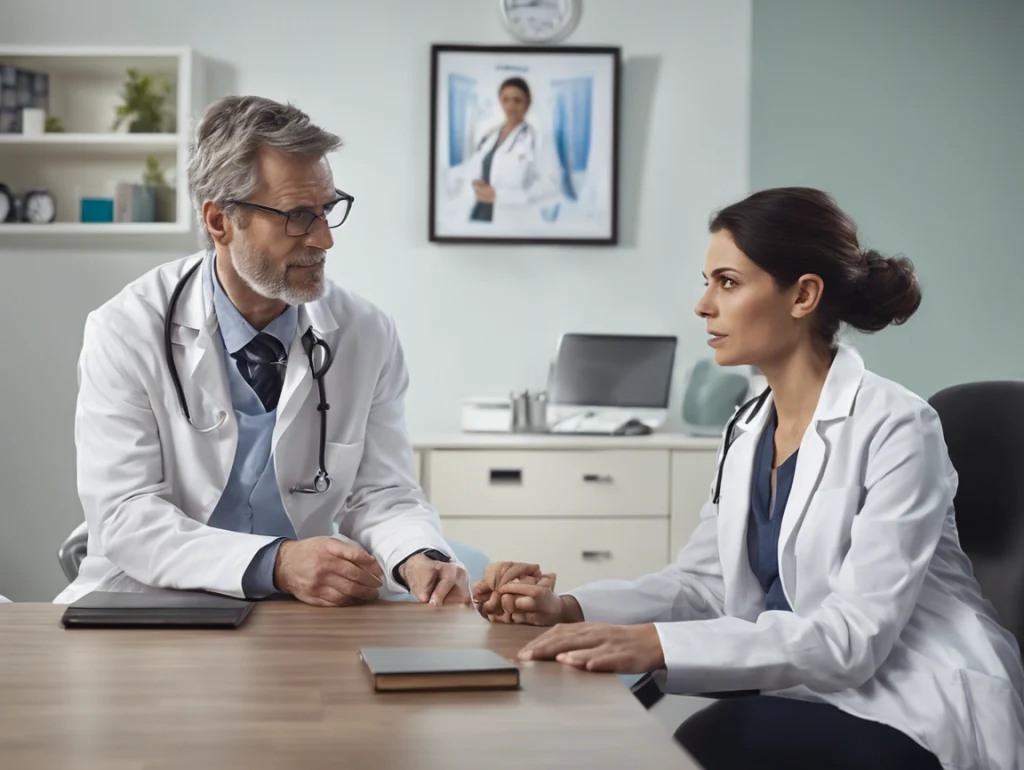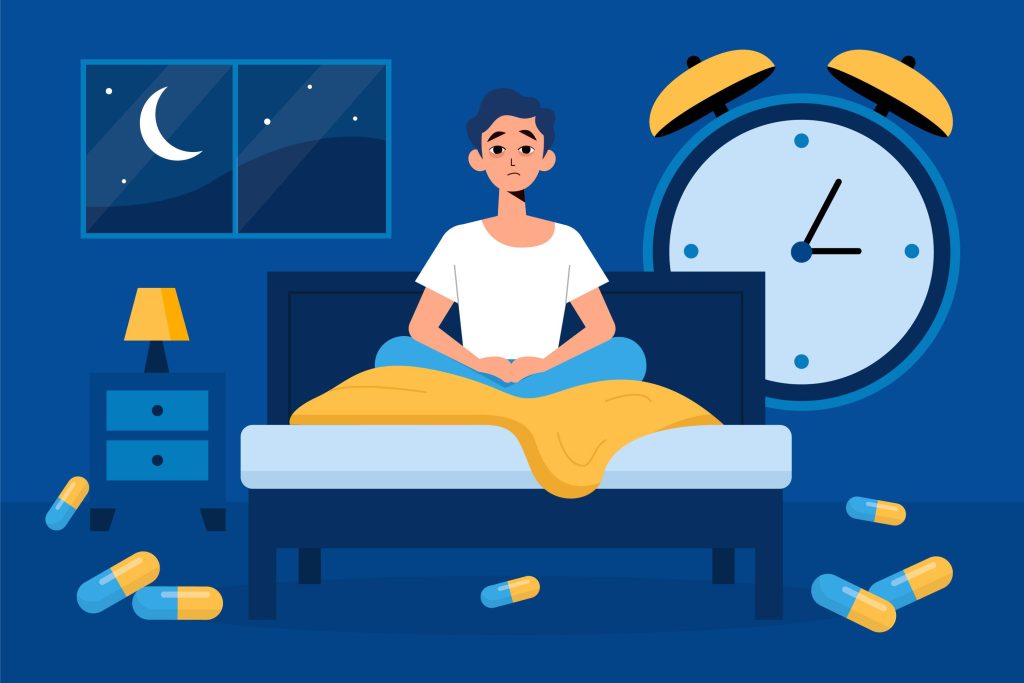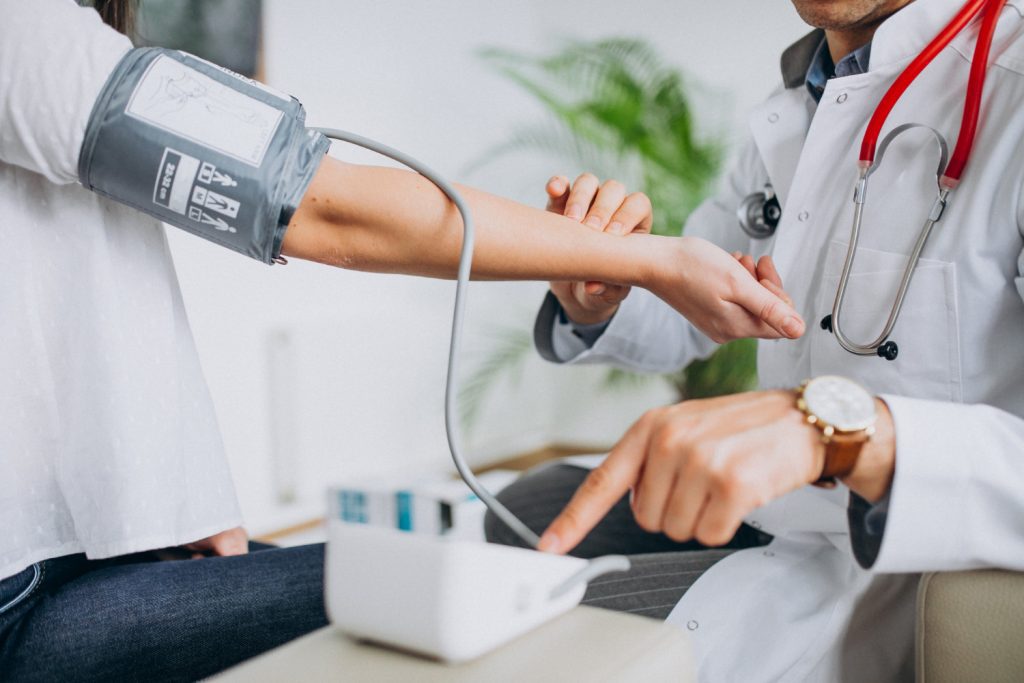GP appointments may be stressful to some individuals; the feeling that you’ve to fit everything within the available time is quite overwhelming. As such, here are some tips to achieving the best possible results during your general practitioner consultation: Here, we lay down practical how-to’s and advises that will help you exit your GP’s office in a clear headed and empowered state.
Why is it Crucial to Make the Most Out of Every General Practitioner Consultation?
General Practice appointments are relatively short and commonly are between 5 and 10 minutes in length. A survey undertaken among the patients of the Central Health Clinic revealed that a staggering 60 percent of the people believe that they are not given adequate time with their GP to discuss all their concerns. This make very relevant to make the best use of the time available. When you are ready for it and you know what to anticipate, you are indeed guaranteed that all the issues relating to your health will be well dealt with.
Before Your Appointment:
1. Find out if the Issue at hand is an Urgent one
Similarly, when securing an appointment, one should determine whether the problem encountered requires his/her immediate attention or not. It might be wise to especially choose a long-term GP appointment if you have a known chronic disease. The National Health Service came up with the understanding that patients with chronic conditions get more benefits out of repeat consultations with the same GP because they are more likely to experience continuity of care in their treatment plans.
2. List All Your Worries
If you have more than a single thing which you are concerned with, then the best way is to jot them down. This is important to avoid betrayals in that you are not able to remember important aspects that are key to the success of the strategy. Central Health Clinic gathered information from its patients and as a result, patients who reach their appointments with written notes when meeting the GPs have more productive conversation than those who do not.
3. One you might want to give some thought to is Booking a Double Appointment.
Just like most health conditions, if you have many questions, then you may make a second appointment to cover all the problems you have. This means that you get to spend more time with your GP and helps in preventing that hurried feeling. ‘Studies’ which have been carried out indicate that patients who make appointments that last longer are more satisfied with their services.
4. Prepare Your Medical History
Inform the surgeon whether you use any medication, non-prescription and herbal preparations. This assists your GP in arriving at the best choices with regard to your treatment. To the Healthwatch view, a well-prepared patient stands a better chance of being attended to correctly with less time wasted.
5. Decide if You Need a Mentor
Sometimes patients find it difficult to express themselves or feel anxious, take someone close to you to help seek treatment with you. It can assist you to record what the GP has to tell you, or even tell on your behalf if that is needed.
During Your Appointment: Focus
1. Prioritize Your Concerns
When approaching the appointment mentioned a major concern first in order to set the tone. Your fears do not need to be said, so do not worry about having to explain them with lots of verbal filler or tacking them on at the end. A study done by Harrison and Bradford published in the British Medical Journal has it that a patient who gets to the core of the matter first will be satisfied and get up and leave.
2. Be Honest and Clear
Your GP depends on information when diagnosing and treating you. Do not be reserved when coming out with your symptons or any other aspects of your life that you feel uncomfortable about. If you’re unhappy or disturbed about something, tell people about it. The more transparent you are, the more your GP can assist you.
3. Understand Your Treatment Plan
This means that prior to leaving the GP’s office, be very certain of what the GP has advised you regarding your health needs. In case of any ambiguity, do not shy off from asking questions. According to a study by the Royal College of General Practitioners it was given that patients who comprehend all their treatment plans are more likely to adhere to it.
4. Ask About Follow-Up
Then you can ask your GP ‘when do I need to follow up’ if the GP has prescribed medication or recommended any tests. That is why it is advisable to know the further steps that will ensure the state of your health remains as good as possible. Also, it is relevant to ask the doctor or the nurse, who should one consult to get an answer for other questions or concerns after a particular appointment or session.
After Your Appointment: Two: Stay Engaged
1. Review Your Notes
Follow up the visit with a note of anything that was said during the visit that you have noted. This supports what was taught and_could provide an avenue to check that one has not forgotten certain aspects. In its survey Healthwatch established patients who go through their notes change their behavior and follow the advice given out by their GP.
2. Take Action
If your GP has suggested some tests, treatment or changes in your living habits, do not waste time. The sooner you act on their advice, the better the result you are likely to experience. For example, patients who initiated the medications they were given within 24 hours of the visit notice improved symptoms’ handling.
3. Use Digital Tools
If you have access to owning or borrowing a smartphone then there is an NHS app that could be of use to you. This tool is used for accessing your medical records, arrange a future appointment, and get a repeated prescription. Such tools assist you in organization of your healthcare and in general, they do not let you forget about it.
4. Communicate Concerns
In the case that you’ve any complaints or if you deemed that you didn’t receive appropriate treatment or your symptoms have not improved, do not shy away from fixing another appointment. It is also possible to ask to be given an appointment with a different GP if the former seems more appropriate. In order to receive the proper care, one must be clear with his or her doctor, nurse or other health care provider.
Special Considerations: When and Why to See Your GP
When to seek an appointment with the GP is as valuable as being able to use the appointment to its maximum potential. It is not always necessary to go to a GP for one to be treated or checked on a specific health issue. For instance, ordinary flu or small accidents hardly require the attention of a qualified doctor; common pain killers accompanied by a visit to the pharmacist would suffice.
Nevertheless, if you catch something such as excessive loss of weight, continuous pain and bloating, change in size, colour or feel of a mole or lump, it would be wise to go see your GP as soon as possible. Timely diagnosis of dangerous diseases, including cancer, can dramatically enhance the prognosis of the diseases.
Conclusion: Prevention is Better than Cure
Getting the most out of your GP appointments is therefore a matter of absorbing what your doctor is offering in terms of the time that has been given to you. Following these guidelines can guarantee that your concerns will be addressed, your questions answered and that you are well on the way to improving your health.
Nevertheless, the cardinal wealth is health; it is essential to care about our bodies. Don’t waste any GP appointments and be an active involved patient just like the pathway recommended.






